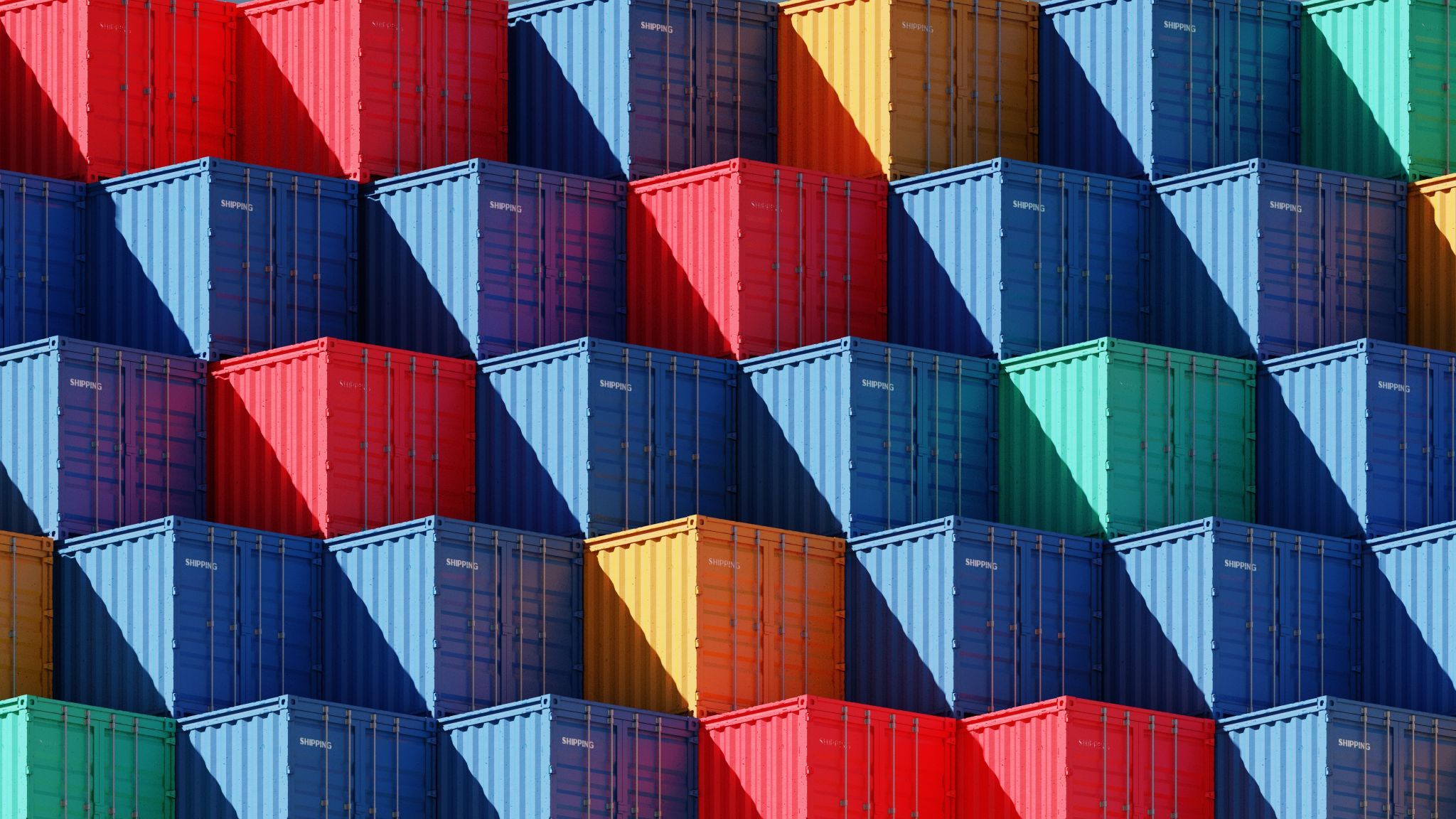How Cross-Border Logistics Can Benefit from AI Integration
Understanding Cross-Border Logistics
Cross-border logistics involves the transportation, warehousing, and distribution of goods across international boundaries. It is a complex process that necessitates careful planning, coordination, and management to ensure the timely and efficient delivery of products. As global trade continues to expand, businesses are increasingly seeking ways to streamline their logistics operations and improve efficiency, making the integration of artificial intelligence (AI) a valuable asset.

The Role of AI in Enhancing Efficiency
AI can significantly enhance the efficiency of cross-border logistics by automating routine tasks, optimizing routes, and improving decision-making processes. By using AI algorithms, logistics companies can analyze vast amounts of data to predict demand, identify potential disruptions, and devise effective solutions. This not only reduces operational costs but also ensures that goods are delivered on time.
Route Optimization
One of the key benefits of AI in logistics is its ability to optimize delivery routes. AI systems can evaluate multiple variables such as traffic patterns, weather conditions, and fuel costs to determine the most efficient routes for shipments. This leads to reduced delivery times and lowered transportation costs, benefiting both logistics companies and their clients.

Inventory Management
AI can revolutionize inventory management by providing real-time insights into stock levels and facilitating better demand forecasting. By predicting which products are likely to be in high demand, businesses can optimize their order quantities and prevent overstocking or stockouts. This is particularly important in cross-border logistics where lead times can be longer due to customs and regulatory requirements.
Enhancing Customer Experience
AI-driven solutions can significantly enhance the customer experience by providing more accurate delivery estimates, real-time tracking, and personalized service. Customers can receive updates on their shipment status and any potential delays, leading to increased transparency and trust in the service provider.

Customs and Compliance
Navigating customs regulations is a critical aspect of cross-border logistics. AI can simplify this process by automating documentation and ensuring compliance with international trade laws. By using machine learning algorithms, AI systems can quickly adapt to changes in regulations and minimize the risk of errors in documentation, ultimately speeding up the clearance process.
Challenges and Considerations
Despite the numerous advantages of AI integration, businesses must also consider potential challenges such as data privacy concerns and the need for significant investment in technology infrastructure. It is crucial for companies to weigh these factors carefully and develop strategies that balance innovation with risk management.
In conclusion, the integration of AI into cross-border logistics offers transformative potential for businesses looking to enhance efficiency, reduce costs, and improve customer satisfaction. As AI technology continues to evolve, its role in global logistics will undoubtedly expand, paving the way for a more streamlined and responsive supply chain.
